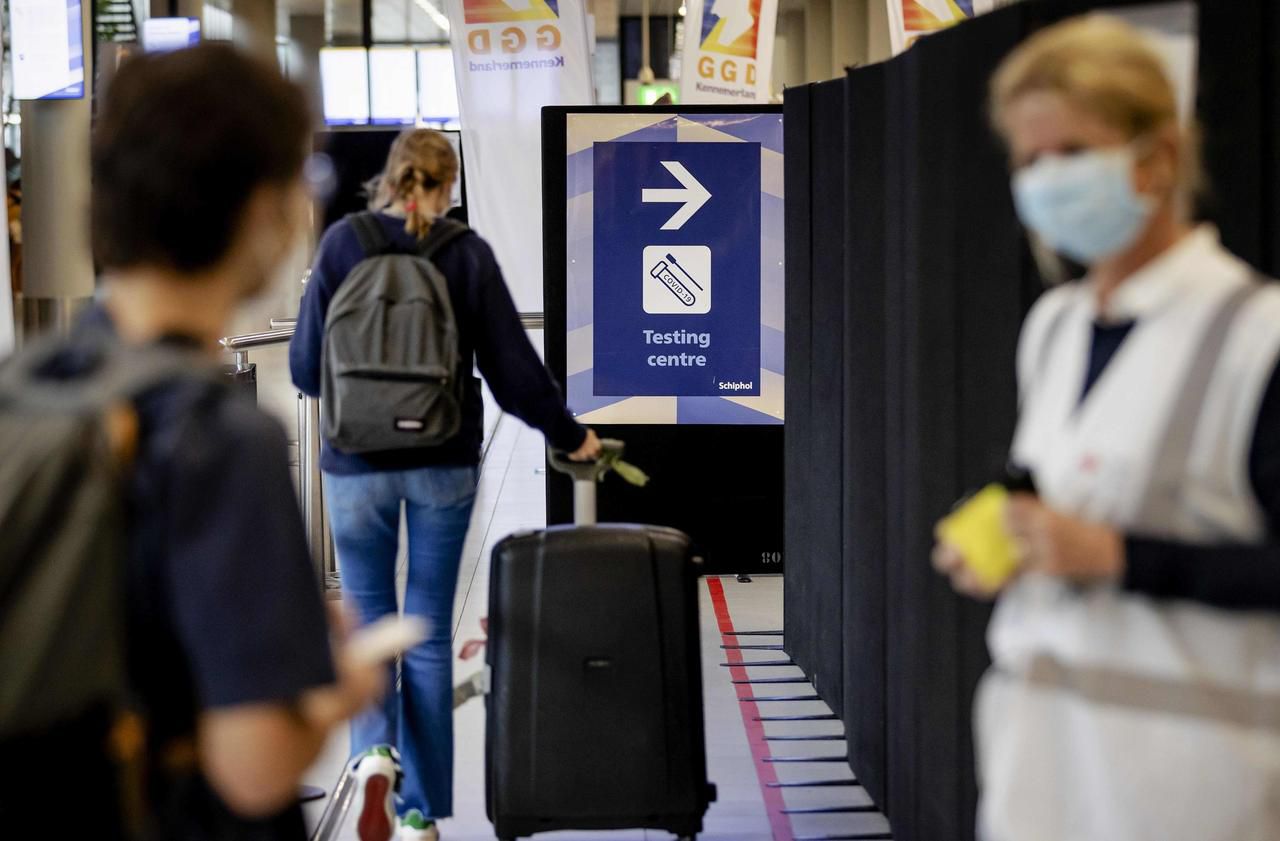Are you really immune after contracting the coronavirus for the first time? The answer to this key question in the fight against the pandemic - and in the quest for an effective vaccine - has tormented scientists and doctors for months. For the first time, Hong Kong researchers claim to have discovered a proven case of reinfection with Covid-19.
The announcement, via a press release, has yet to be published in the American medical journal Clinical Infectious Diseases. But it is already making a lot of noise, and for good reason: for several months, doctors around the world have regularly identified suspicions of recontamination, but have never been able to be certain and draw conclusions about the disease. immunity. Far from upsetting research on Covid-19, this new verified case only confirms their forecasts.
He is a 33-year-old Hong Kong man, who contracted the virus for the first time on March 26. He exhibited symptoms at the time. After his recovery, he tested negative twice. Four months later, on August 15, he was surprised to learn that his test at the Hong Kong airport was positive, even though he had no symptoms. The researchers found that these two successive infections were caused by two different strains of the virus.
What does that mean ? First of all, "the fact that this gentleman did not have symptoms the second time is rather reassuring", analyzes Arnaud Fontanet, professor at the Institut Pasteur. Because even if it is still too early to confirm it completely, "this perhaps reflects a certain protection developed after the first infection", continues the researcher. But beware, this Hong Kong patient contracted the second time, a virus that had slightly mutated. "Perhaps the mutation makes the second virus simply less aggressive," tempers Dr. Pierre Tattevin, infectious disease specialist at Rennes University Hospital.
A less effective vaccine?
The bad news about this Hong Kong revelation is that it will be even more difficult to make a powerful and durable vaccine. "If the immunity that natural infection produces does not protect for life, vaccine immunity could have the same problem," explains Arnaud Fontanet. “It's very hard to do better than nature,” says Pierre Tattevin. This means that it will surely take more time to get a vaccine and especially to consider reminders and catch-ups, as with influenza, mumps and measles, in order to build sufficient immunity.
Finally, the case of this Hong Kong traveler definitively buries the strategy of collective immunity, adopted in particular by Sweden. The fact that there may be risks of recontamination "is an argument which proves that this strategy is not tenable in the long term", estimates Mircea Sofonea, lecturer in epidemiology and evolution of infectious diseases at the University of Montpellier.
Newsletter - Most of the news
Every morning, the news seen by Le ParisienI'm registering
Your email address is collected by Le Parisien to enable you to receive our news and commercial offers. Learn more
Let us recall all the same that it will be necessary to wait until counting other cases of this kind to ratify these assumptions.

